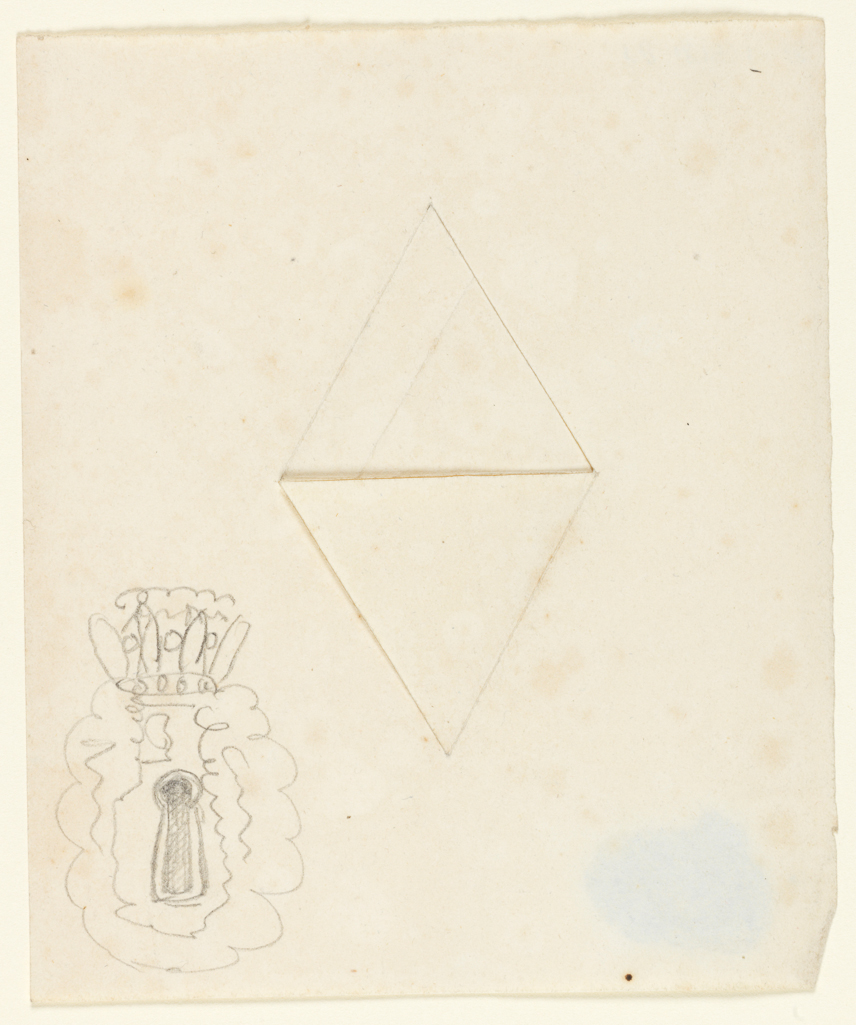Image attached to PB 1817.1-18

Terms of use
The low-resolution images published on this Website are made available under a Creative Commons Attribution licence (CC BY-NC-ND). For more details: Fitzwilliam Terms of Use
This licence does not include any images of works that are still in copyright. Artistic copyright extends from the life of the artist to 70 years from the end of the calendar year in which the artist died.
Download this imageFor further information on use of images or to license a high resolution version, please contact our image library who can discuss terms and fees.



